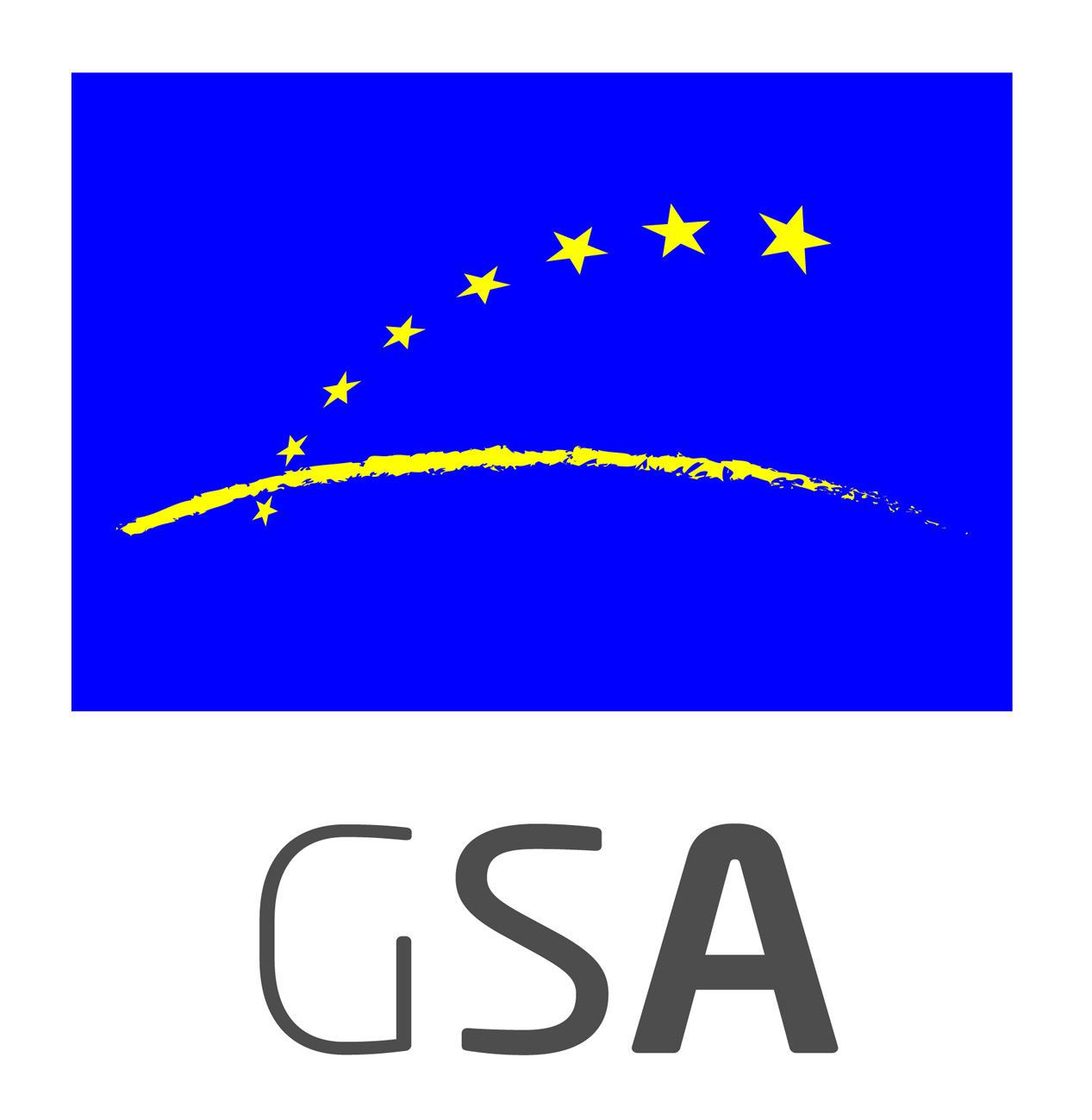Information:
A webinar is being organised by the Global ARAIM for Dual-Constellation (GLAD) project, co-funded by the European GNSS Agency (GSA), which is developing the Advanced Receiver Autonomous Integrity Monitoring (ARAIM) prototype receiver under the Fundamental Elements programme. It will take place on 24 June and will cover the ARAIM concept and GLAD activities during the prototyping and demonstration of the results. You can register here.
The Advanced RAIM (ARAIM) concept extends the traditional legacy GPS single frequency Receiver Autonomous Integrity Monitoring (RAIM) by using multiple GNSS constellations that may include signals from the same satellite transmitting more than one frequency. The Galileo constellation, in addition to GPS, provides a Dual Frequency Multi-Constellation (DFMC) system that allows for robustness and redundancy. In the aviation sector, when DFMC is supported by a Satellite Based Augmentation System (SBAS) and ARAIM, satellite availability is leveraged with accuracy in position, and the associated integrity and continuity elevated in terms of radio navigation performance.
The ARAIM concept started to take shape in the Working Group C, the ARAIM Technical Subgroup, that was established in 2010, based on the US-EU bilateral agreement on GPS-Galileo co-operation agreement signed in 2004 with the goal to develop GPS-Galileo integrated applications for Safety of Life operations.
Concept wise, each GNSS Constellation Service Provider (CSP) will transmit an Integrity Support Message (ISM) to broadcast integrity information associated with its own system. The airborne receiver’s ARAIM algorithm processes this information to gain sufficient confidence in the information provided by the specific GNSS constellation in order to meet required safety criteria in terms of lateral and vertical guidance, thereby addressing the requirement for all phases of flight up to Category I (CAT I) precision approach capability/LPV 200 approach globally in the future.
GLobal ARAIM for Dual-Constellation (GLAD) is an innovative project focusing on the development of ARAIM capability within the Collins’ Global Navigation Satellite Systems (GNSS) Multi-Mode Receiver (MMR). This project is funded by the European GNSS Agency (GSA) under the “Development of an Advanced RAIM Multi-Constellation Receiver” Call for proposals. The key tenet for Collins Aerospace, a key aviation market player, was to work closely with the GSA to support the definition and development of ARAIM features to meet global airspace modernisation requirements. To that effect, Collins put together a GLAD project team which comprises Airbus, GMV, NATS and Pildo Labs to lead an ARAIM development prototyping activity. The project commenced in May 2018 and ends in June 2020.
The key objectives of the GLAD project is the maturation of the ARAIM concept by prototyping the algorithm within critical components of the Collins’ GLU-2100 Multi-Mode Receiver (MMR), followed by testing and assessing the performance of the algorithm. In addition, the project focused on concepts of operations (CONOPS) using ARAIM and collaborated with Air Navigation Service Providers (ANSPs) to engage and understand the requirements for airport operations. The team also contributed to standardisation activities within GNSS working groups.
The GLAD team has successfully conducted ground experiments demonstrating real-time horizontal and vertical ARAIM performance, with a horizontal precision of 0.3 NM and vertical precision supporting LPV-200. The future benefits will include significant contributions to improvements in position integrity, and to underpinning the economic (fuel and time), environmental (CO2) and safety aspects required by the aviation industry.
To reach the objectives set out within the project framework, the GSA and GLAD Team take the opportunity to invite stakeholders to a Webinar on 24th June 2020 to explain the ARAIM concept, outcomes of the project and show the ARAIM prototype developed.
